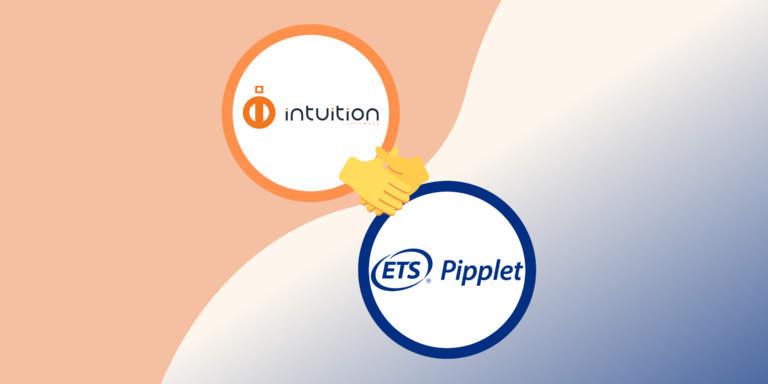Every year, new studies prove it a little more… Discrimination in hiring rages in the business world. According to a study conducted in 2021 by the Ministry of Labor, candidates of North African origin are 31.5% less likely to be contacted by recruiters compared to those with a first and last name of French origin.
But then, how to fight against these not always conscious discriminations? By opting for the anonymization of CVs, for example. Explanations.
Anonymization of CVs: what are we talking about?
The anonymization of the CV, or “non-discriminating recruitment”, allows to actively fight against discrimination within one’s company. In practice, this approach means temporarily removing the photo and civil status information of the candidate. This can be the first and last name, age, nationality or gender of the applicant. In short, resumes are examined without civil status. This is called anonymous CV.
👉 As its name suggests, an anonymous CV excludes any information related to the identity of the applicant. The goal: to avoid potential discriminating factors such as age, gender, the person’s address, origin (ethnic or social)…
What is the purpose of anonymizing the CV?
Anonymizing a CV means getting rid of some irrelevant information when screening candidates. In a non-discriminatory recruitment process, this information is communicated as late as possible – just before the interviews, for example.
In the meantime, we choose to focus on the candidate’s personality, their skills, their passions, their motivation… The goal? To delay access to certain information in order to concentrate on the information that really matters.
What are the advantages for the recruiter?
Although little practiced, the anonymization of CVs is not without its benefits!
Saving time
First of all, this practice saves precious time, since it optimizes the efficiency of recruitments. Yes, with an anonymous CV, it is the candidate’s skills and background that are put forward first. This method allows us to evaluate the candidates through objective and relevant criteria, directly related to the position.
No more cognitive biases
In a previous article, we detailed the many cognitive biases that can occur during a recruitment process (belonging bias, stereotype bias…). Reducing information to the strict minimum at the beginning of a hiring process allows us to avoid certain prejudices and the unconscious activation of stereotypes.
More diversity
This is the ultimate goal of using anonymous CVs: to reduce discrimination as much as possible and to be able to count on people from all walks of life!
💡 This ambitious approach must be included in all stages of recruitment to be effective, but also upstream! For example, it is absolutely necessary to train recruiters on the subject of discrimination in hiring and cognitive biases, to make employees aware of diversity issues…
A better employer brand
Adopting the anonymous CV says a lot about the values of a company. By actively committing itself to the fight against discrimination, it sends a positive message to candidates… And therefore looks after its employer brand!
Anonymization of CVs: what does the law say?
At present, there is no legal obligation for a company or a candidate to use anonymous CVs. Despite the introduction of a law for equal opportunities in the Labor Code in 2006, the anonymization of applications remains, in fact, optional – and quite marginal – in France. In the absence of an official decree, the National Assembly voted in May 2015 to make it optional.
⚠️ To remember
There is not one but many forms of discrimination. This discrimination can be racial, but also linked to the age, gender, social or cultural heritage of a candidate… Recruiting the same typical profiles from the same schools, coming from the same socio-economic backgrounds or neighborhoods… All this also favors the “between oneself”!
Anonymization of applications: what are the methods?
There are several ways to adopt the anonymous CV in your company.
- The most obvious one is to have someone outside the selection process hide marital status information on the CVs. This person can even perform an initial sorting in light of criteria that are essential to the position (such as the required training or the years of experience required for the position).
Once this information is removed, the selection process can begin. Again, to be valid, the anonymization must be done by someone outside the recruitment process! This anonymization can be done by hand (with tipp-ex), or with software.
- Another, simpler option is to collect applications via an online questionnaire that excludes certain fields (such as last name, first name, age, address, etc.) from the outset.
- Finally, it is also possible to ask candidates to anonymize their CVs themselves, for example by replacing their first and last names with initials, by removing their photo…
💡 Some anonymization approaches go even further by removing other potentially discriminating characteristics, such as schools attended, degrees…
Adopt the anonymous CV simply with an ATS
To summarize, including the anonymization of CVs in its hiring processes means not taking into account the identity of a candidate at the time of pre-selection. This approach reduces discrimination in hiring (whatever it may be).
To optimize this process and facilitate its adoption, a company can also outsource the task to an ATS like Jobaffinity.










